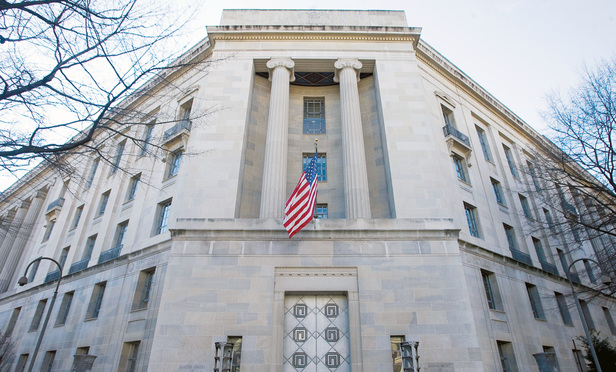It hasn’t been a good year for the Justice Department in the U.S. District Court for the Southern District of Texas, where Hanen serves. In February, one of Hanen’s colleagues, U.S. District Judge Lynn Hughes, ordered a prosecutor from the National Security Division to leave his chambers, according to The Washington Post.
What was Hughes upset about? For one thing, Kashyap Patel, the DOJ lawyer, wasn’t wearing a suit or tie in the judge’s chambers. Patel explained that he had come straight to the court from an international flight.
“If you want to be a lawyer, dress like a lawyer,” Hughes said at the time. He also questioned the value of flying Patel in to participate in the case—a terrorism prosecution—and what Patel’s role was “other than being a spy for a bunch of other people.”
The judge later published an “Order on Ineptitude” that rebuked Main Justice lawyers for their efforts to get a transcript of the meeting.
“If the pretentious lawyers from ‘main’ Justice knew what they were doing—or had the humility to ask for help from the United States Attorney for the Southern District of Texas—it would not have taken three days, seven telephone calls, three voicemail messages, and one snippy electronic message for them to indirectly ask the court for assistance in ordering a transcript,” Hughes wrote.
Admission denied
The Justice Department went head-to-head with a Nevada federal district judge who had a policy of denying permission to D.C.-based Justice Department lawyers who asked to appear in cases before him.
U.S. District Judge Robert Jones, who took senior status in February, had told lawyers in the past that his policy was rooted in his concerns about Main Justice attorneys’ ability to comply with “ethical standards.”
In June 2015, the U.S. Court of Appeals for the Ninth Circuit held that Jones was in the wrong. The circuit’s opinion cited at least six cases in which Jones denied requests by federal government lawyers who weren’t barred in Nevada—some based in Washington, and some who lived elsewhere—to appear in cases, known as pro hac vice admission.
“Generalized doubts about all government attorneys’ ethical commitments are not valid grounds for denying an individual attorney’s application for pro hac vice admission,” Ninth Circuit Judge Milan Smith Jr. wrote for the three-judge appeals panel.
Eric Holder’s homework
Judge Jerry Smith of the U.S. Court of Appeals for the Fifth Circuit took issue in 2012 with statements that President Barack Obama made lamenting the possibility that an “unelected” court might strike down his signature health care reform package. (The Supreme Court ultimately upheld the Affordable Care Act—twice, in fact.)
In a separate case before the Fifth Circuit at the time related to the health care law, Smith asked the DOJ lawyer arguing if the department recognized the federal judiciary’s authority to strike down a law for constitutional violations. He then ordered the department to submit a letter explaining then-Attorney General Eric Holder’s position on the president’s remarks.
Holder, now a partner at Covington & Burling, sent a three-page letter. “The power of the courts to review the constitutionality of legislation is beyond dispute,” he wrote. Obama’s remarks, he added, “were fully consistent with the principles described herein.”
Read more:




